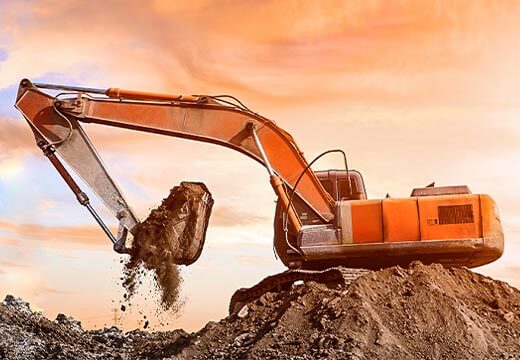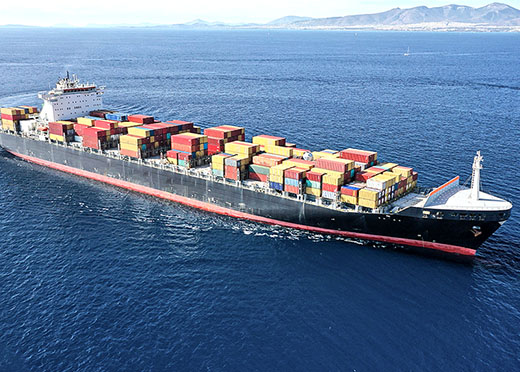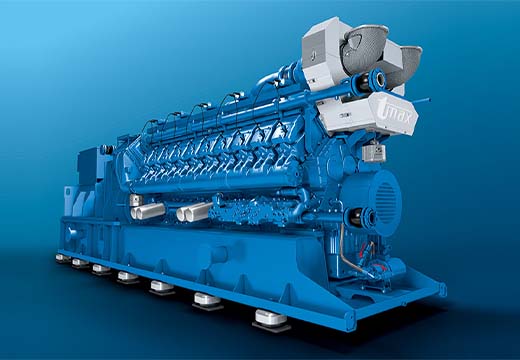-
Off-Highway
-
Agriculture

Safety in the field
High temperature insulation for agricultural machinery.
-
Construction

All the power of tmax insulation.
Prevention of fires: No heat. No breakdown. More efficiency.
-
Mining

Fire & explosion protection from the market leader.
Heat to below 220° degrees = No failure. More safety. More efficiency.
-
Railway

Effective insulation solutions for rail vehicles.
Rail travel: even safer, more efficient, greener - better.
-
Agriculture
-
On-Highway
-
Automotive

Control temperatures. Improve exhaust gas values.
Customized, intelligent insulation systems.
-
Truck

Fullfill specifications, increase protection, improve efficiency.
Whether it's an increase in engine efficiency, reliable exhaust gas aftertreatment or effective noise control - our solutions make a decisive contribution.
-
Automotive
-
Marine

SOLAS: Less heat. More safety.
Market leader for SOLAS-compliant insulation in the marine sector for over 45 years.
-
Oil & Gas

A prevented fire does not need to be extinguished
100% SOLAS compliant insulation solutions for maximum work safety on your platform.
-
Power Generation

Insulation technologies for stationary power generation.
Undisputed technology leader for outstandingly effective thermal insulation.
